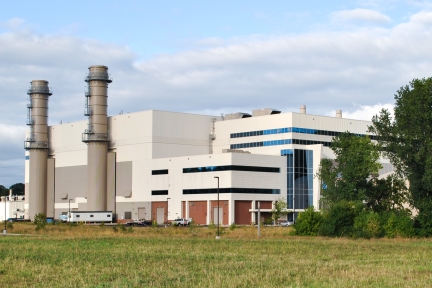
Any facility that emits air pollutants above certain levels is required to have an air quality permit. Air permits are legally binding documents that include enforceable limits on air emissions, which the owner/operator must comply with. Some permits are general, covering similar types of facilities, for example smaller sand and gravel operations; some are individual, covering a specific facility, for example a power plant.
Permits specify how facilities must operate pollution control equipment, the pollutant limits they must meet, and how to monitor and report their emissions. Permits are designed to protect human health and the environment by limiting pollution so our air quality remains within state and federal standards.
Air permits and health
Air permits limit the amount of air pollution allowed from a “stationary source.” Federal law does not allow the owner/operator to build or modify a stationary source unless they can demonstrate the project will not cause or contribute to a violation of the National Ambient Air Quality Standards, which are developed to be protective of public health. Air permits are enforceable documents. In Minnesota, the MPCA is the permitting authority for air quality permits issued under both federal and state laws.
Get involved
All federal or state permits for major air emissions sources have a public comment period, during which anyone can submit written comments on the proposed permits to the MPCA. In other cases, the public may request a public hearing to discuss issuance of a particular permit. In addition, the public may petition EPA to object to the issuance of a Title V permit. Public comments are an important part of air quality permitting.
Air permits issued in Minnesota
Recent air permits issued by the MPCA can be found in What's in My Neighborhood. The online tool does not include every air emissions permit document, but all air emissions permits issued by MPCA are available for inspection at the MPCA's St. Paul office.